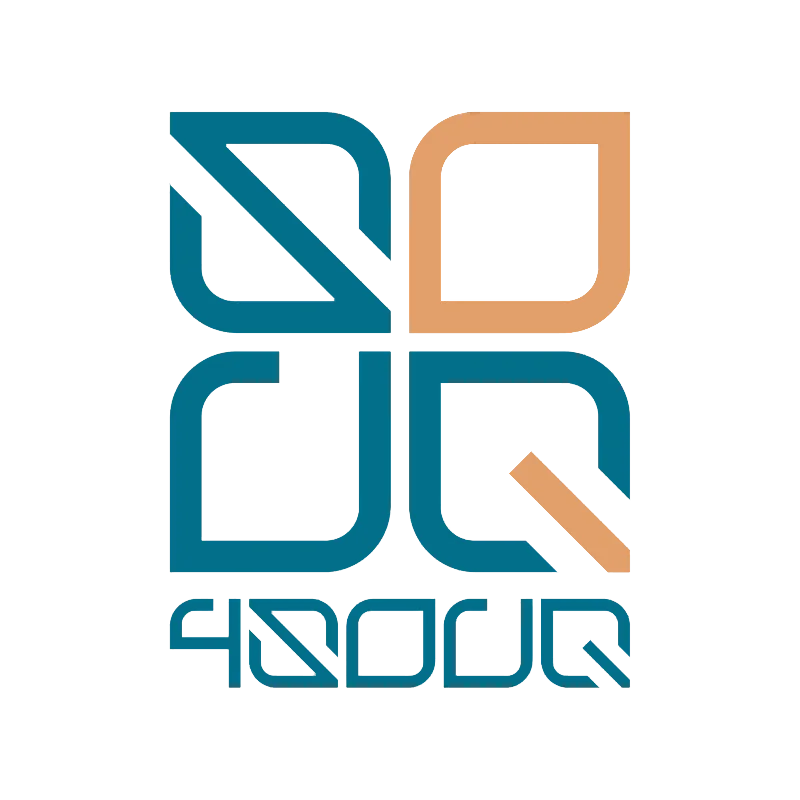Niche markets in the food industry cater to specialized segments of consumers with unique preferences, needs, or values, offering tailored products that emphasize premium quality, authenticity, and distinctive attributes such as health benefits, cultural relevance, or sustainable production practices. Unlike mass markets, which aim for broad appeal, niche markets focus on specific consumer interests, such as organic, artisanal, or culturally significant food items. These specialized markets enable businesses to differentiate themselves and offer exceptional value, targeting smaller but more defined audiences. While niche markets may present challenges such as limited size and sensitivity to trends, they also provide unique opportunities for businesses to thrive by prioritizing quality and authenticity. When strategically positioned, niche products can generate consistent revenue streams, foster strong consumer loyalty, and carve out a competitive advantage.
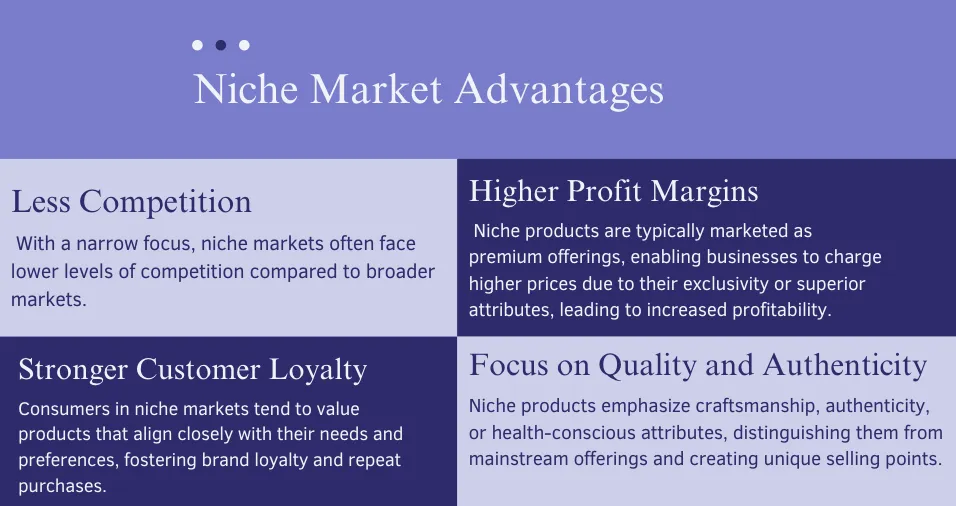
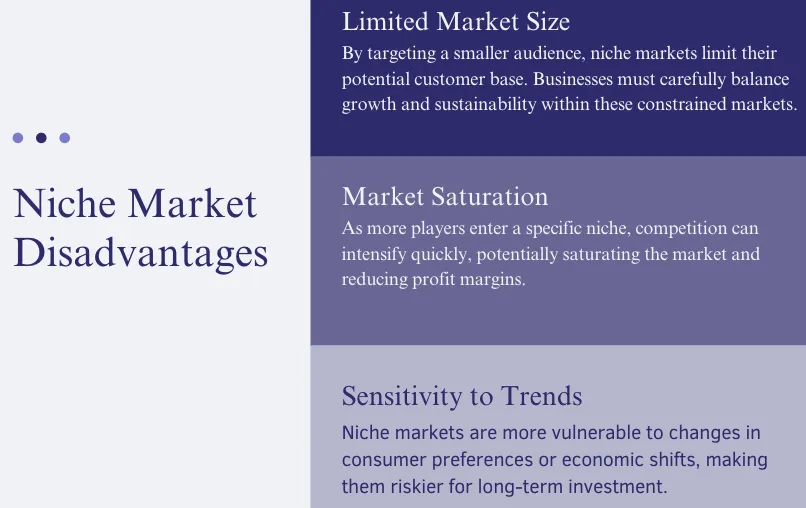
The methodology for this report builds on these principles, combining a detailed analysis of UAE consumer trends and market dynamics with in-depth research on Iranian products. By intersecting insights from these two areas, we identified six high-potential niche markets:
- Exotic Herbal Market,
- Berry and Cherry Exotic Market,
- Authentic Fruits Market,
- Sharbat Market,
- Prestigious Snacking Market,
- Noble Taste Market.
These niches align with market gaps in the UAE and leverage the unique value propositions offered by Iranian products. The report will delve deeper into each of these categories, beginning with an in-depth exploration of one of the most promising segments: Exotic Herbal Drinks. This category demonstrates significant potential to captivate UAE consumers with its unique blend of health benefits, cultural richness, and premium appeal.
Exotic Herbal Market
The UAE is undergoing a profound shift toward health-conscious consumption, driven by rising health challenges and an increasing preference for organic and natural products. Over 60% of the population is overweight, 20% has been diagnosed with diabetes, and an additional 18% is at risk of developing diabetes. Cardiovascular diseases account for 38% of all mortality, while the prevalence of autoimmune diseases and cancer continues to grow due to modern lifestyles, pollution, and dietary habits. These alarming trends have created a strong demand for wellness-oriented solutions, particularly organic and natural remedies, as people seek alternatives to conventional medicine.
This shift in awareness and health conditions has led to a steady increase in demand for organic options in the UAE, resulting in the establishment of organic farms, specialty markets, and stores across the country. The growing interest in healthy and organic products has also made herbal and traditional medicine particularly relevant, offering natural remedies that align with the increasing desire for holistic wellness and prevention-focused healthcare.
The UAE’s affluent population further drives demand for prestigious, high-end products that combine luxury with wellness. These consumers are willing to invest in exclusive, high-quality offerings that provide health benefits while reflecting cultural authenticity and uniqueness. Products such as premium herbal teas, natural remedies, and healthy snacks that merge innovation with tradition are particularly appealing to this segment.
Iran’s rich agricultural heritage and centuries of expertise in traditional remedies position it as a key supplier capable of addressing these needs. The country offers a variety of exceptional herbal products, including unique items like Persian Zalzalak, Toot Sefid, and jujube, as well as premium-quality exports such as dried figs, dried toot cumin, and dried apricots. These products are especially appealing to the UAE’s higher socio-economic segments and stand out due to their authenticity, quality, and therapeutic effects on diseases like diabetes, cancer, and autoimmune disorders. The scarcity of similar quality in global markets further solidifies Iran’s competitive edge in this niche.
The UAE’s multicultural population, comprising 88.4% immigrants, alongside its thriving tourism sector, creates a dynamic market for exotic and traditional products. Tourists and expatriates are drawn to unique and authentic flavors, while others seek familiar tastes that resonate with their cultural heritage. This diversity presents an excellent opportunity for Iran to introduce its herbal products, catering to a wide array of preferences and bridging the gap between the new and the familiar.
Targeted Consumer Segments
The Exotic Herbal Products market is positioned to cater prestigious products to a diverse range of consumer needs, particularly those seeking natural solutions to health challenges. Key consumer segments include:
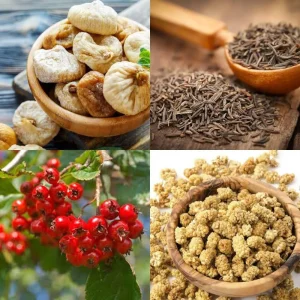
- General health seekers: Offering unique and exotic herbal products which are generally beneficial for health.
- Individuals Managing Diabetes: Leveraging Iranian remedies like dried fig leaves to support blood sugar regulation.
- Autoimmune Disease Patients: Offering products designed to strengthen immune health using time-tested herbal blends.
- Cancer Prevention Advocates: Providing antioxidant-rich herbs and fruits, such as Persian Zalzalak, for proactive health management.
- Digestive Health Seekers: Delivering traditional remedies like cumin and Nabat, known for their gut health benefits.
A Thriving Market Opportunity
The UAE’s health-conscious, high-income, and culturally diverse population presents a thriving niche market for prestigious exotic herbal products. This market holds vast potential by targeting individuals with specific health concerns, affluent consumers seeking premium offerings, and a multicultural base eager to explore unique flavors. Herbal and traditional remedies, deeply rooted in Iran’s heritage and unmatched in quality, align seamlessly with these demands, offering Iranian producers a chance to establish a strong foothold in the UAE’s evolving wellness landscape.
Iran is uniquely positioned as a producer of exceptional, premium products stemming from its rich agricultural heritage and centuries of expertise in traditional remedies. Items such as Persian Zalzalak, Toot Sefid, dried figs, cumin, jujube, and dried apricots are unparalleled in quality and uniqueness. These products exceed the expectations of the UAE’s health-conscious and affluent consumer segments while addressing key health concerns. The lack of comparable quality in global markets further solidifies Iran’s position as a leader in this niche, providing Iranian producers with an opportunity to establish a strong reputation for high-quality, culturally rich products.
Opportunities for Market Entry
Given the UAE’s consumption trends and the premium quality of Iran’s products, there is a clear opportunity to strategically position Iranian offerings. By addressing the needs of health-conscious and affluent consumers, Iranian producers can introduce products that align with both traditional and modern preferences.
- Iranian traditional teas and herbal drinks, such as cumin-infused tea and dried fig-infused beverages, combine unique flavors, aromas, and health benefits. Rooted in Iranian traditional medicine, these products support digestion and overall wellness, appealing to the UAE’s health-conscious population. These offerings cater to a multicultural audience eager to explore new tastes while benefiting from natural remedies.
- Iran’s dried fruits, including jujube, dried toot, dried figs, and dried apricots, stand out for their exceptional quality. These products are ideal for the UAE’s high-income population, which values exclusivity and wellness. As luxury, healthy snacks, they offer a nutritious alternative that can capture a significant share of the premium snack market.
- Iranian traditional medicine offers proven solutions for managing common health issues. Products like cumin-infused blends for digestive health, antioxidant-rich herbal remedies for immunity and cancer prevention, and herbal formulations for cold and flu treatment align with consumers seeking holistic, natural alternatives. These items can be marketed as authentic, research-backed solutions to modern health challenges.
- Iranian ingredients can elevate baked goods with unique flavors and health benefits. For instance, breads and pastries infused with cumin, dried figs, or dried toot cater to both adventurous consumers and those seeking premium, health-focused options.
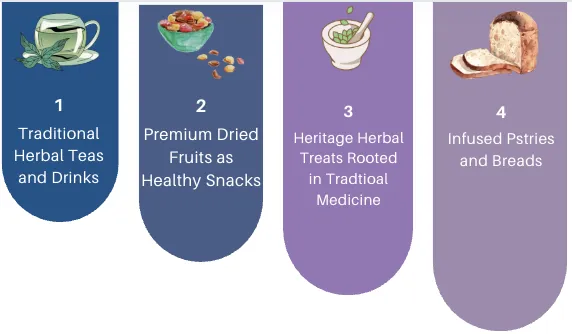
All the products in this niche market can be introduced under distinct product lines, each thoughtfully designed to address specific health concerns and therapeutic needs. For instance, in the baked goods category, Iranian producers can create a variety of offerings tailored to different consumer segments. A bread with a yellow cover, for example, could cater specifically to individuals managing diabetes by incorporating features like no added sugar, low carbohydrate content, and the inclusion of dried figs. Dried figs are not only delicious but also rich in fiber and beneficial compounds that help regulate blood sugar levels, making this product an ideal choice for those seeking healthier bread options without compromising on flavor or nutritional value.
Similarly, additional product lines could target other health needs. A bread with a green cover could be fortified with cumin and other digestive-friendly herbs, catering to consumers seeking improved gut health. This line could emphasize natural ingredients known for their anti-inflammatory and soothing properties. Another line, with a blue cover, could be enriched with antioxidant-rich Persian Zalzalak or jujube, designed for consumers focused on immunity and overall wellness. By using visually distinct packaging and clear labeling, these product lines can not only provide practical solutions for health-conscious consumers but also make it easier for them to choose products that align with their specific dietary and therapeutic needs.
Such innovative approaches in product development would not only highlight the unique qualities of Iranian agricultural products but also appeal to the UAE’s health-conscious and diverse consumer base. By integrating therapeutic benefits into everyday food products, Iranian producers can create a strong niche in the competitive market, offering high-quality solutions that address both health and flavor preferences.
To succeed in the UAE market, Iranian producers must prioritize premium branding and innovative product development tailored to the preferences of health-conscious consumers. Establishing strategic partnerships with high-end retailers and launching targeted digital marketing campaigns will be critical to positioning Iranian products as a distinguished choice in this competitive landscape.
